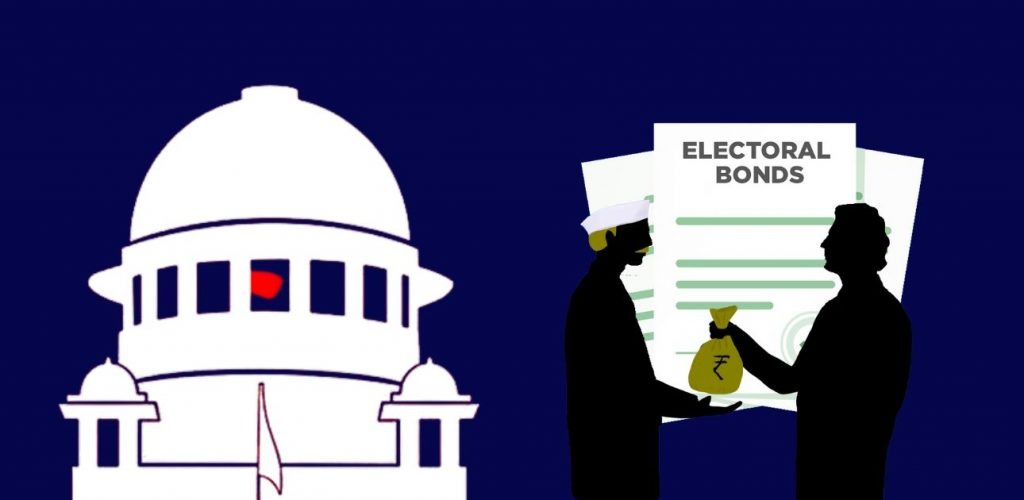In a big blow to the Centre, the Supreme Court on Thursday, 15 February, struck down the electoral bonds scheme, stating that it is violative of Article 19(1)(a) of the Indian Constitution.
The scheme, Chief Justice of India DY Chandrachud said, was “unconstitutional” and “arbitrary” and would give rise to quid pro quo arrangements between political parties and financial contributors.
Further, the court directed banks to stop issuing electoral bonds and asked the State Bank of India to submit details of all electoral bonds purchased since 12 April, 2019 to date to the Election Commission of India.
A five-judge bench, led by CJI Chandrachud, had reserved its verdict in the case in November 2023. During the course of the hearing, the petitioners had argued that the scheme was obtrusive of a citizens’ right to know where political parties get their funding, which constitutes a fundamental right as per Article 19(1)(a) of the Constitution.
The petitioners include the Communist Party of India (Marxist), the Congress’ Jaya Thakur and NGO Association for Democratic Reforms
Arguing on behalf of the Centre, Attorney General R Venkataramani had said that Article 19(1)(a) does not guarantee an absolute right to information regarding political parties’ sources of funding.
“The scheme in question extends the benefit of confidentiality to the contributor. It ensures and promotes clean money being contributed. It ensures abiding by tax obligations. Thus, it does not fall foul of any existing right,” Venkatramani had said.
Electoral bonds constitute a financial instrument whereby individuals and business entities can donate money to political parties without having their identities revealed.
As per the rules of the scheme, anybody who is a citizen of India and any business which has been established in the country can buy electoral bonds. These bonds are available in denominations ranging from Rs 1,000 to Rs 1 crore.
The Centre had introduced the electoral bonds scheme in January 2018 as a mechanism to replace cash donations, claiming that it would make political funding more transparent.



